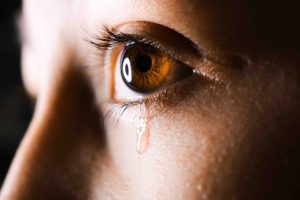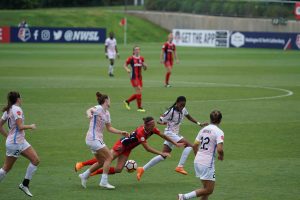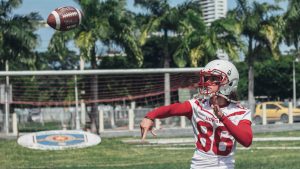Brain injuries, including concussions and other forms of traumatic brain injury (TBI) in Carlsbad, do not discriminate based on a person’s age. In other words, a person of any age can sustain a TBI while playing contact sports, in a motor vehicle crash, during a slip and fall, or in a recreational activity. When it comes to concussions and sports, there has been a significant increase in research in recent years concerning the relationship between athletes’ concussions and the later development of the degenerative brain condition known as chronic traumatic encephalopathy (CTE). This condition, CTE, has largely been found in older, former professional athletes posthumously. Research has suggested that multiple concussions early in life might increase the risk of CTE later on, but few studies have addressed the possibility or prevalence of CTE in much younger athletes.
Recently, however, a new report in The New York Times suggests that CTE is impacting athletes at much younger ages than previously assumed. The article says that kids who started playing football as young as 6 years old have died of CTE when they were only in their teens and early 20s.
What is CTE?
 North County San Diego Injury Lawyers
North County San Diego Injury Lawyers













